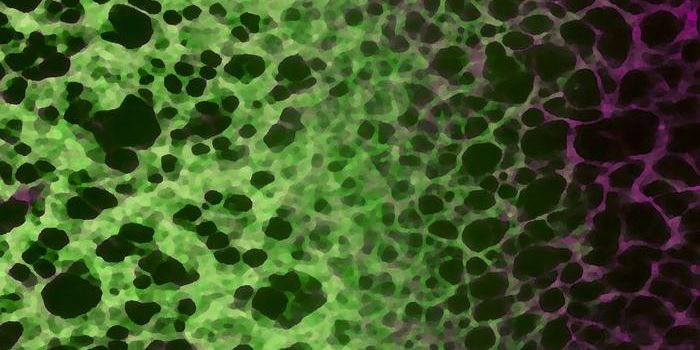A Plant-Based Antiviral for COVID-19 Infection
Vaccines to combat the COVID-19 pandemic have been available for sometime, and have proved highly effective in preventing severe disease and hospitalization. But in addition to vaccines, several other treatments have emerged for people who do develop COVID-19, though one of the only ones approved by the FDA to treat COVID-19 is remdesivir, an antiviral drug that received emergency authorization early last year.
However, according to some research, some antivirals, like remdesivir, can exacerbate certain symptoms of COVID-19, such as gastrointestinal ones. For example, a study of a simulation device for testing COVID-19 treatments found that remdesivir actually exacerbated gastrointestinal symptoms of COVID-19 infection. As such, the search for new treatments is always needed.
Researchers may have found an antiviral treatment for COVID-19 that is both effective and derived from a less likely source: a plant.
According to a study published in Virulence, researchers tested the new antiviral, called thapsigarign (TG), to see how well it worked on different variants of the coronavirus, including the dominant and highly infectious Delta variant.
TG is an antiviral derived from the roots of the Mediterranean thapsia gargansia plant. TG has been used for centuries to treat certain kinds of pain and even lung diseases. It’s also been explored more recently as a potential antineoplastic drug, with little success.
When it comes to the coronavirus and other respiratory viruses, however, the research team has shown in previous studies that even small doses of TG could initiate a broad-spectrum immune response against several respiratory viruses, including the virus causing COVID-19 infections.
In the present study, researchers tested and monitored how infections with single and multiple strains of the virus affected cell replication, and how these infected cells fared when TG was administered. Overall findings concluded the drug was effective at preventing most infections with single strains, and subsequent co-infections, and proved effective at slowing the spread of each variant once infection took hold.
Sources: Eureka Alert!; FDA; International Journal of Molecular Science








